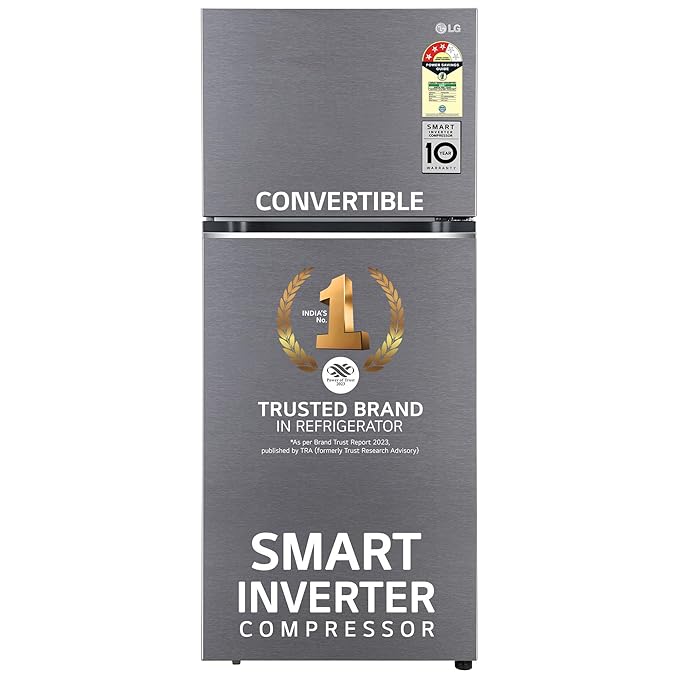The absence of adequate washroom facilities undermines equality and poses a barrier to the fair administration of justice, the Supreme Court held on Wednesday, directing all high courts, state governments and Union territories to ensure the availability of adequate and inclusive washroom facilities across all court premises and tribunals in India.
For the first time, the top court also issued categorical directions to provide separate toilet facilities for transgender persons - a landmark move ten years after its pivotal NALSA judgment granted legal recognition to the transgender community.
Delivering the judgment, a bench of justices JB Pardiwala and R Mahadevan declared that access to sanitation is not a mere convenience but a human right and intrinsically linked to the constitutional right of access to justice.
“Public health is of paramount importance, and clean public toilets contribute to the health and overall well-being of society,” said the court, adding that, “the right to safe and clean drinking water and sanitation is essential for the full enjoyment of life and all human rights.”
The judgment arose from a public interest litigation filed in 2023 by advocate Rajeeb Kalita, who sought the provision of basic toilet facilities in courts and tribunals. The court seized the opportunity to address the systemic neglect of hygiene and sanitation in judicial premises, particularly at the district court level.
Breaking new ground, the bench directed the provision of separate washrooms for transgender persons -- a measure long overdue despite legal recognition of their rights a decade ago. The judgment noted that most high courts lacked dedicated facilities for the transgender community, and their exclusion from basic amenities violated the principles of dignity and equality.
“Without such access to the three genders, the states/UTs can no longer claim to be welfare states,” maintained the bench, noting the stark absence of facilities for women, persons with disabilities (PwD) and transgender persons in several court complexes.
The court pointed out the deplorable state of existing facilities, stating that “conditions prevailing in many courts are poor, with old toilets in unusable conditions, insufficient water supply, unlocked doors, broken taps, and non-functional fittings hindering proper use.” District courts, in particular, were singled out for their “most deplorable conditions, failing to meet even basic hygiene standards.”
“The failure to provide adequate washroom facilities is not just a logistical issue, but it reflects a deeper flaw in the justice system. The sorry state of affairs indicates the harsh reality that the judicial system has not entirely fulfilled its constitutional obligation to provide a safe, dignified, and equal environment for all those seeking justice,” it held.
Transgender persons, the court noted, are entirely excluded from the planning of toilet facilities in most judicial complexes, despite being recognised as a third gender under the law. “The failure to provide adequate facilities for transgender persons reflects a deeper flaw in the justice system,” the court stated, adding that such neglect “tarnishes the reputation of the judicial system, which should serve as a model of fairness, dignity and justice.”
“Immediate steps are needed to ensure that all judicial premises, especially those lacking proper facilities, are equipped with accessible washroom facilities for the judges, litigants, advocates, and staff...failing to act promptly would compromise the very purpose and essence of the judiciary’s role in our society,” underlined the bench.
The court, thus, issued a series of binding directions to rectify these deficiencies. High courts and state governments have been tasked with constructing gender-inclusive washrooms equipped with essential amenities, including sanitary napkin dispensers, tactile pavements for visually impaired individuals, and ramps for wheelchair users. Separate rooms connected to women’s washrooms will be built to cater to nursing mothers, with feeding stations and diaper-changing facilities.
To ensure accountability, the bench directed the formation of committees in every high court, chaired by a judge nominated by the high court chief justice, to oversee the planning and implementation of these facilities. These committees will conduct surveys to assess needs, ensure proper maintenance through professional cleaning agencies, and establish a grievance redressal mechanism for reporting and repairing defective toilets. The court also called for immediate action to address sanitation in family courts, where the absence of child-safe washrooms creates challenges for single-parent litigants.
Asserting the urgency of the matter, the bench instructed all high courts and state governments to file compliance reports within four months. The judgment directed that its order be circulated to all high courts and chief secretaries of states and UTs for strict implementation.












